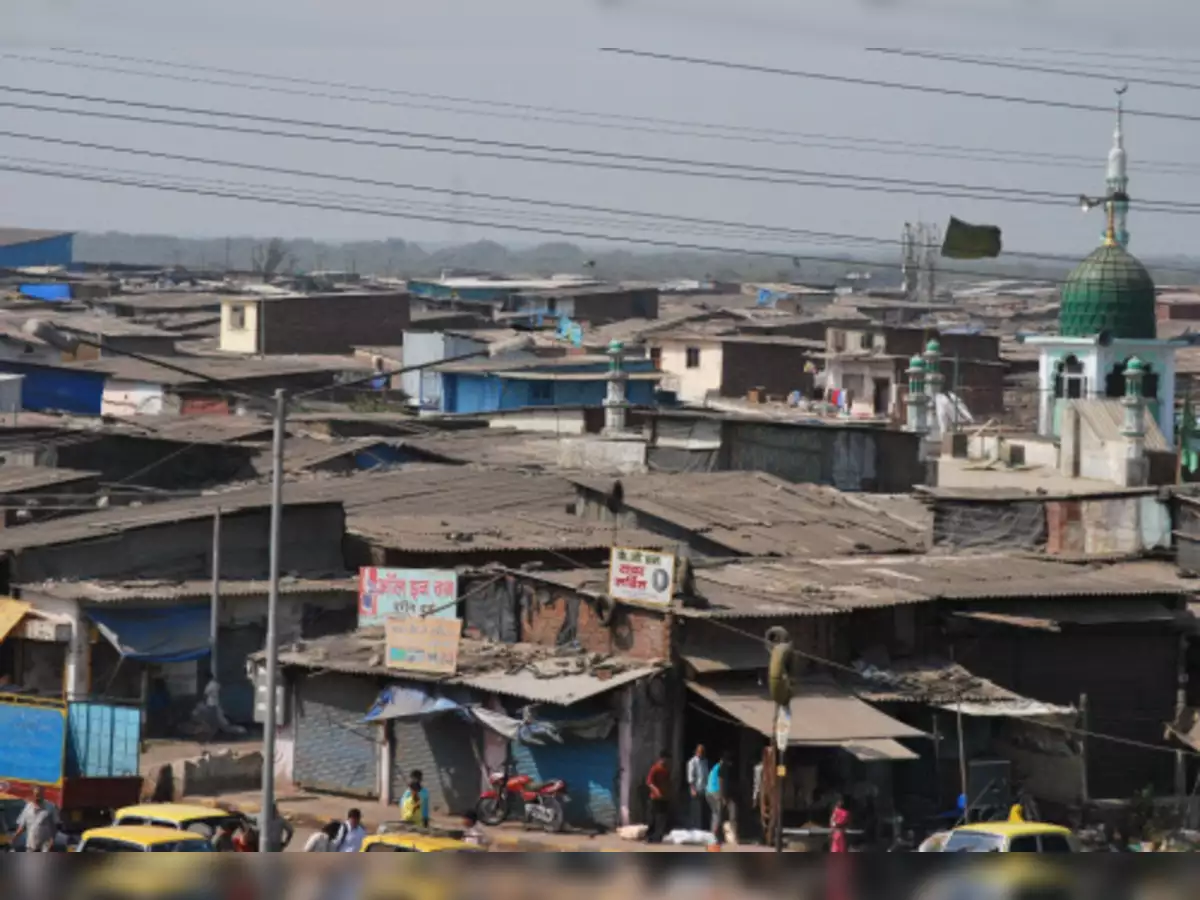A recently initiated slum survey in Govandi, one of Mumbai’s densest informal settlements, has triggered widespread anxiety among residents, who allege a lack of transparency and consultation.
The door-to-door exercise, reportedly led by a third-party agency contracted by the Slum Rehabilitation Authority (SRA), has left thousands of households in the dark about its legal basis, purpose, and implications for their housing status. Residents across localities such as Deonar, Baiganwadi, Shakti Nagar, and parts of Govandi West have reported that surveyors marked their homes with identification numbers without prior notification or explanation. Many tenements were reportedly labelled in the absence of occupants, further fuelling apprehensions of future displacement. Concerns are mounting that the survey might be a precursor to forced evictions or redevelopment projects lacking community consent.
According to local citizen groups, notices pasted on walls by the municipal authorities did little to clarify the intent or outcome of the data collection. In the absence of accessible information, community leaders have reached out to the Slum Rehabilitation Authority and the local municipal ward office demanding a public disclosure on the objectives of the survey, the legal mandate under which it is being conducted, and the roles of the private agencies involved. Officials associated with the exercise have confirmed that the survey forms part of a city-wide initiative to identify and document legal and illegal slums in Mumbai. This classification could potentially influence eligibility for future rehabilitation schemes under government-run redevelopment projects. However, assurances have been inconsistent and largely verbal, leaving residents wary of being labelled “ineligible” without due verification and documentation support.
Residents in the Mankhurd–Shivaji Nagar area—considered one of Mumbai’s largest slum clusters after Dharavi—are particularly concerned about the misuse of personal data and lack of safeguards against unauthorised handovers to private developers. Local forums have urged the community to cooperate cautiously and refrain from signing any documents that involve the transfer of property or rights without formal consent and legal vetting. Experts in urban housing and participatory development note that this unrest highlights deeper systemic issues in slum rehabilitation policies. The absence of structured community engagement, public hearings, and transparent policy communication has historically resulted in mistrust between authorities and residents. In Govandi’s case, the same patterns appear to be repeating, raising serious questions about the equity and ethics of urban governance in low-income communities.
A government representative, when approached, acknowledged the residents’ concerns, stating that the agencies undertaking the survey were selected through formal bidding processes. The official reiterated that the current data collection was not meant to displace anyone or initiate demolition, but merely to update records for planning purposes. Nonetheless, the statement did little to allay fears among locals, who are demanding written confirmation that the survey will not be used as a pretext for involuntary eviction or redevelopment without broad-based community approval. Urban planners warn that unless corrective measures are taken, including clear communication, formal public consultations, and guarantees on data privacy, the survey could further alienate communities and spark city-wide protests. They emphasise the need for inclusive frameworks that protect the rights of the urban poor, especially in historically marginalised neighbourhoods like Govandi.
Govandi has long been among the most underserved parts of Mumbai, with poor access to sanitation, healthcare, and basic infrastructure. Any redevelopment initiative in such a vulnerable geography must be guided by a commitment to equity, transparency, and sustainability. Top-down planning, devoid of community involvement, risks exacerbating socio-economic vulnerabilities and undermining efforts to build inclusive and climate-resilient cities. Advocacy groups working on sustainable housing have urged the state to ensure that all data collection efforts are carried out with full public disclosure, institutional accountability, and third-party oversight. They argue that slum dwellers must be active stakeholders in decisions affecting their homes and livelihoods, especially when the outcomes could influence eligibility for housing under schemes like the Pradhan Mantri Awas Yojana or state-led rehabilitation projects.
With Mumbai’s population continuing to grow and pressure mounting on urban land, the balance between redevelopment and rights remains delicate. As Govandi residents seek answers and safeguards, the unfolding situation serves as a reminder that urban transformation must be rooted in consent, not coercion. As the process continues, the demand for transparency has emerged as a fundamental test of the city’s commitment to just and participatory urban planning. Whether the authorities choose dialogue over diktat will determine not only the future of Govandi’s residents, but also the credibility of Mumbai’s housing and rehabilitation agenda.
Also Read : https://urbanacres.in/dadar-resident-protest-tree-removal-for-bridge-project/


